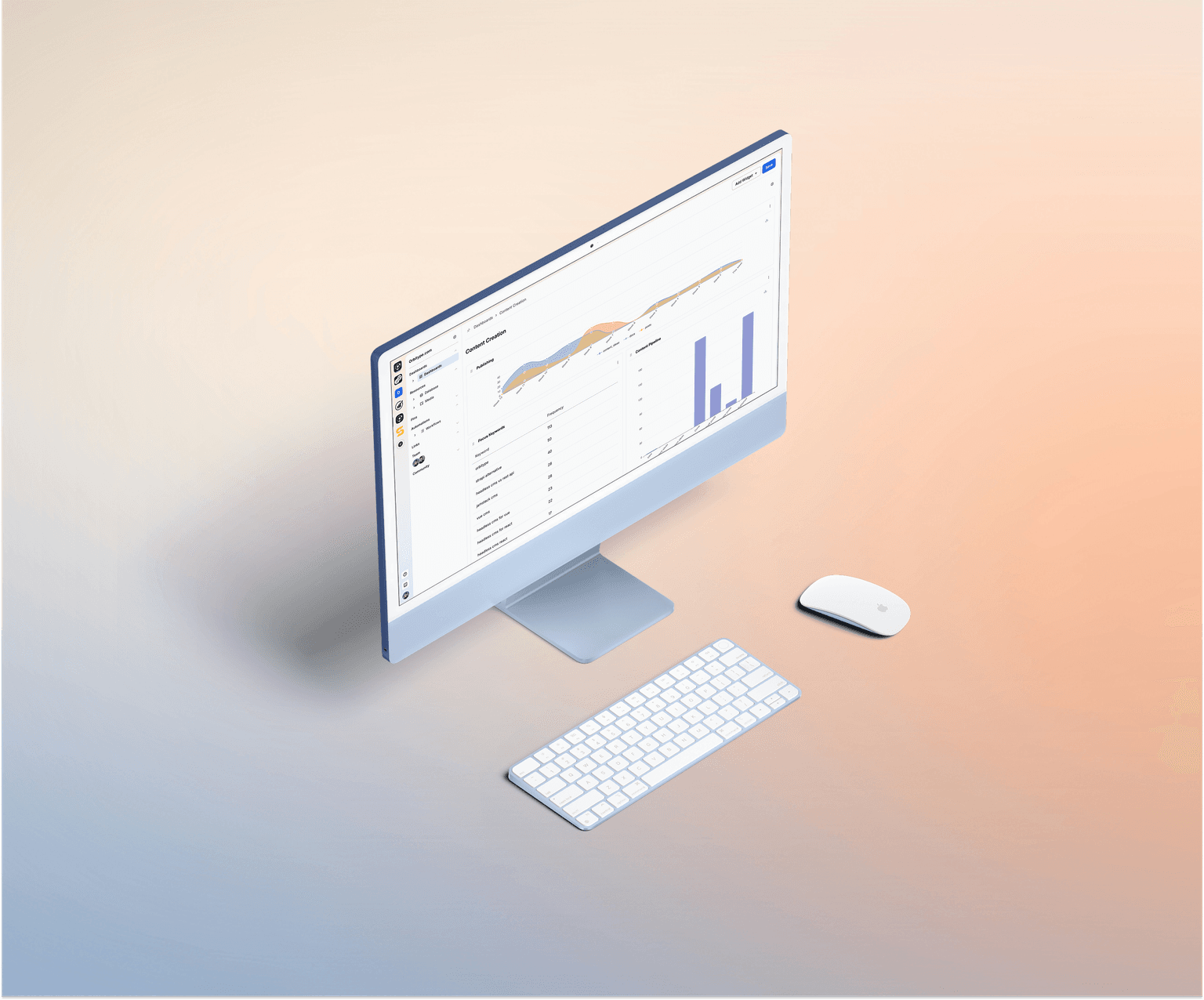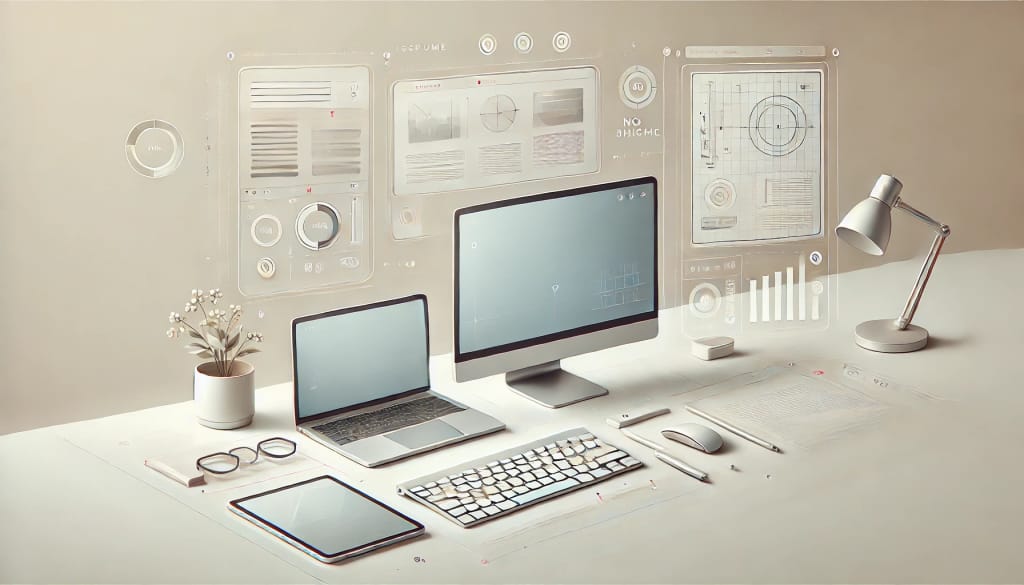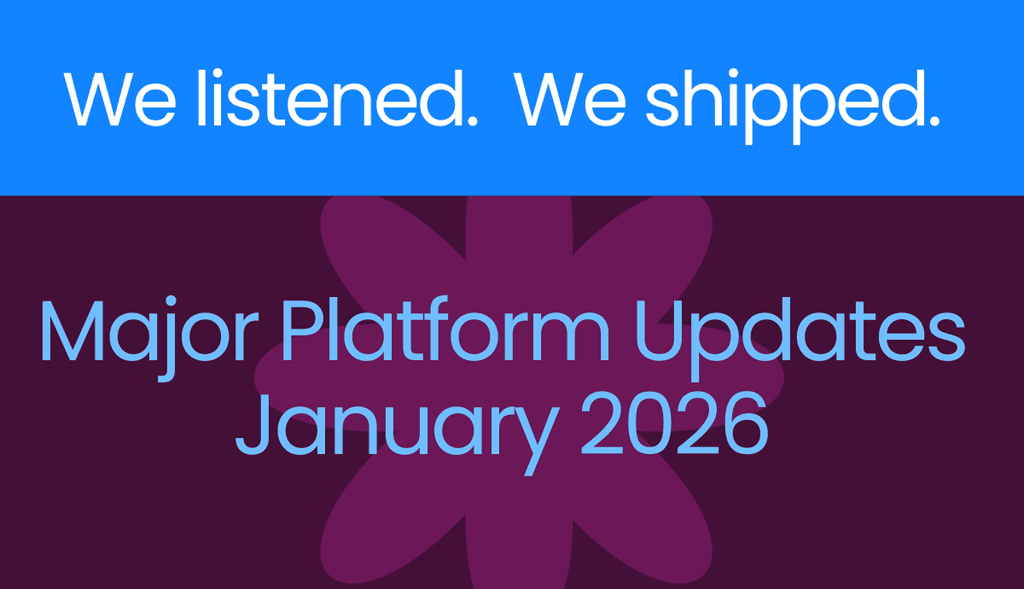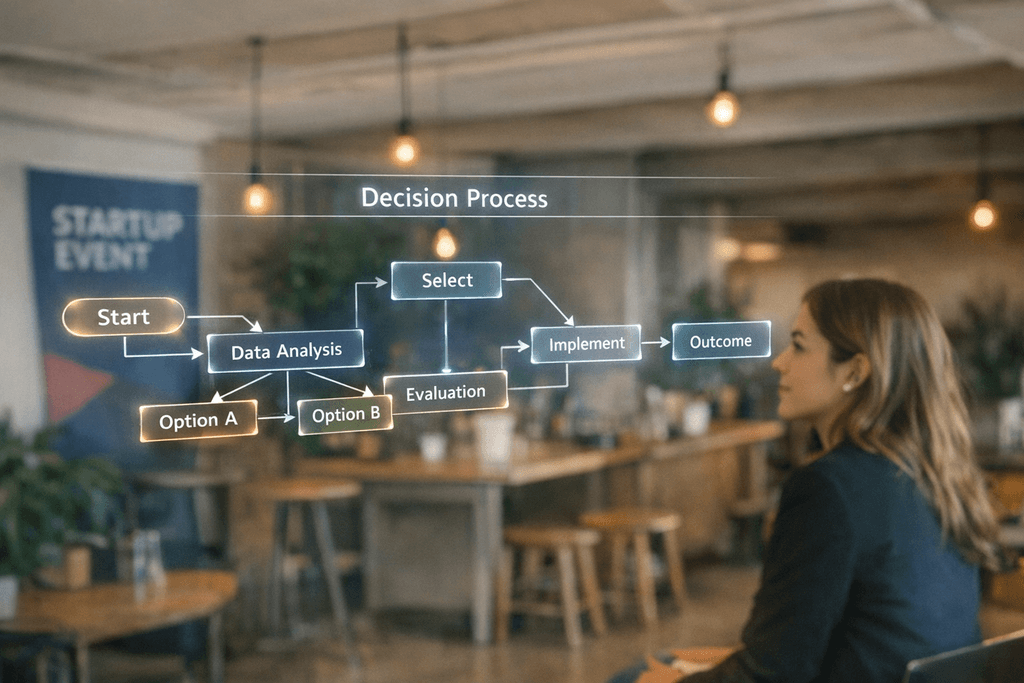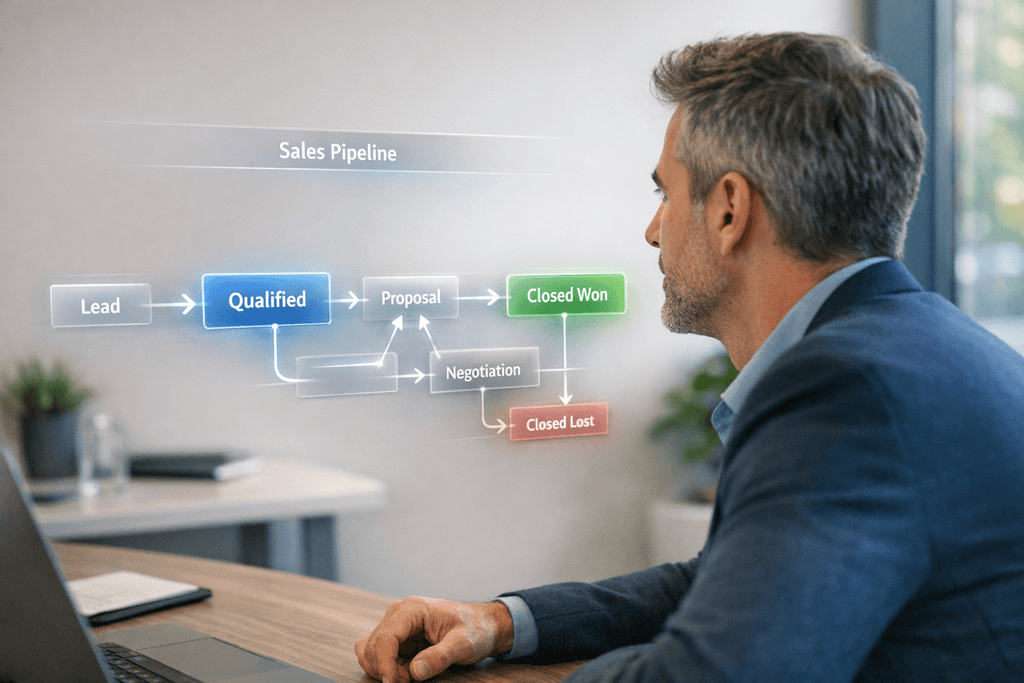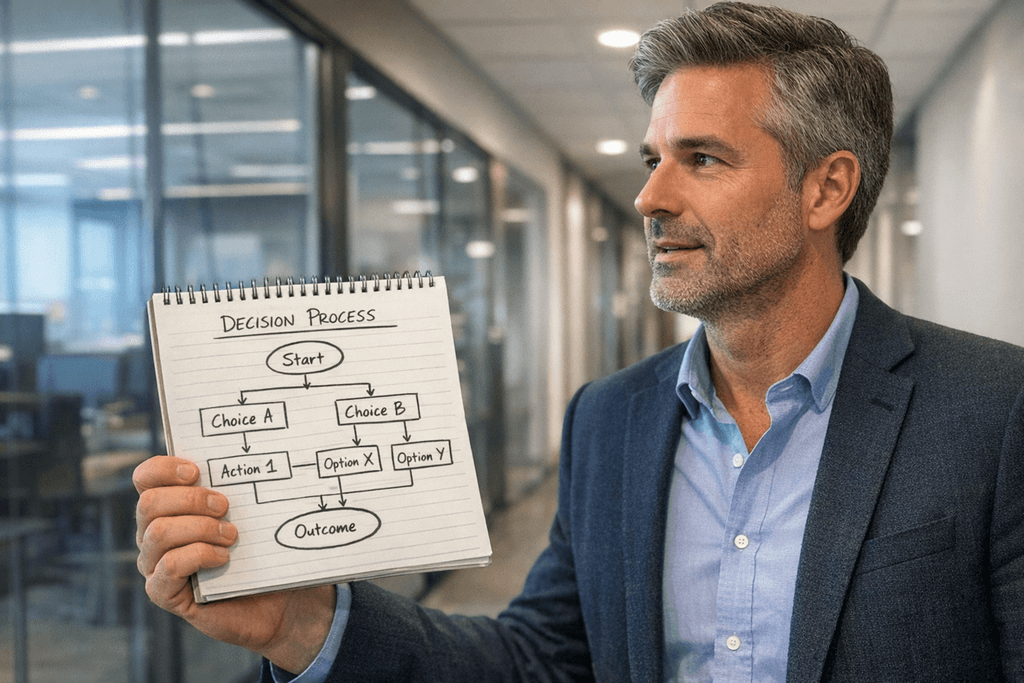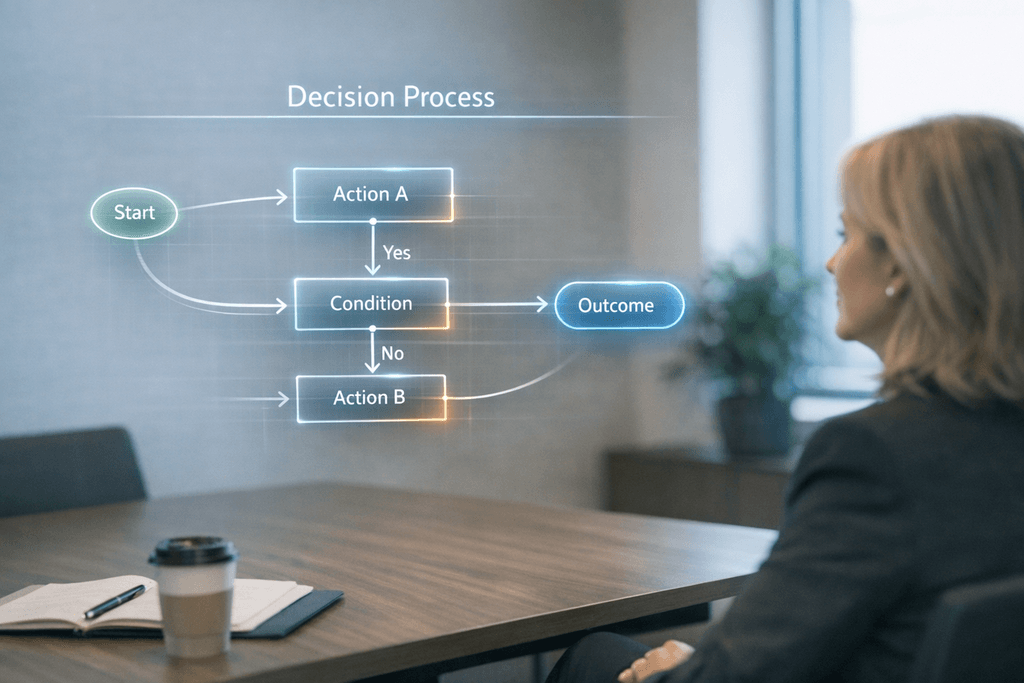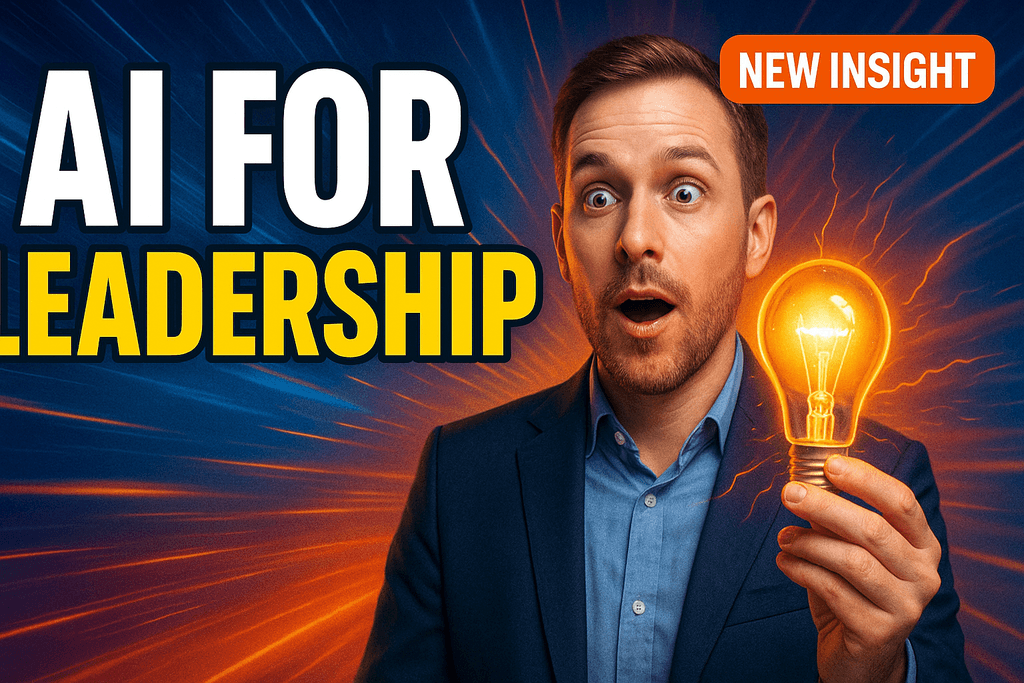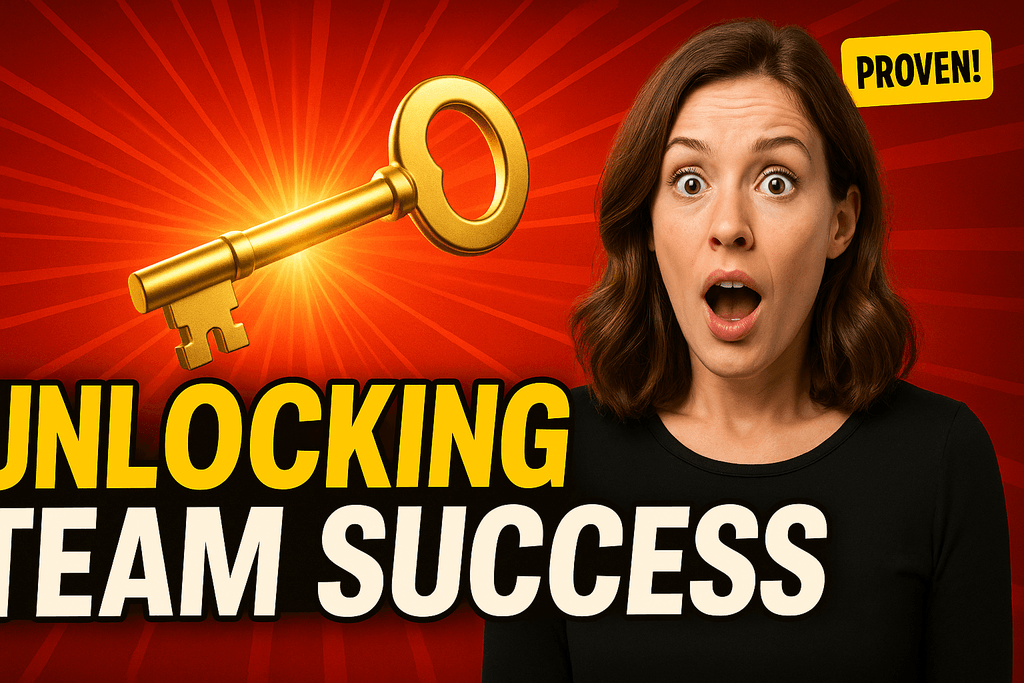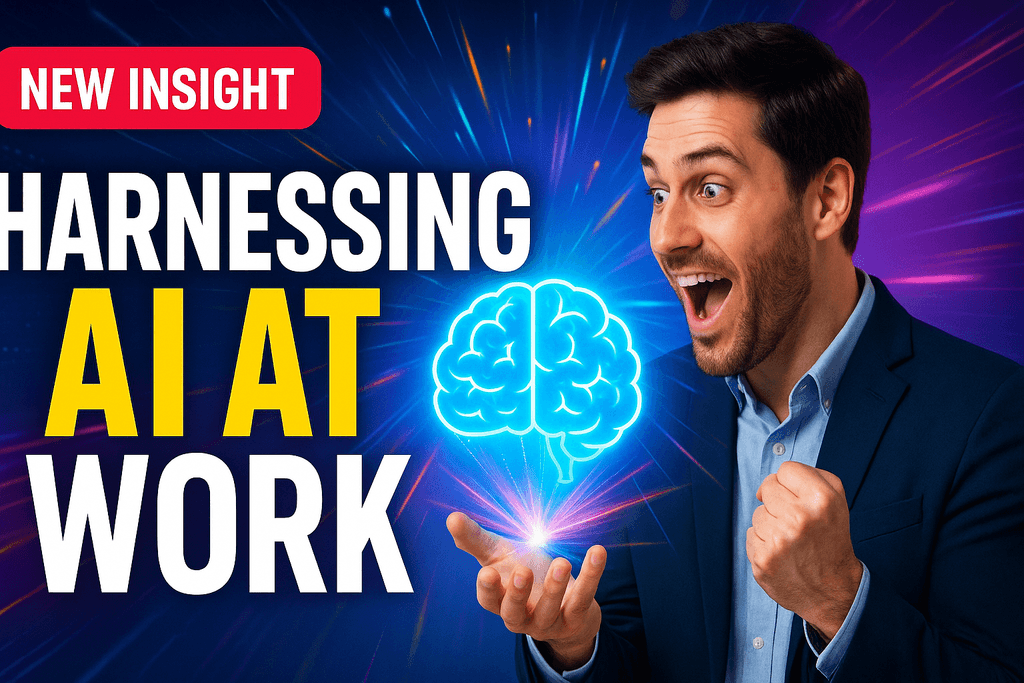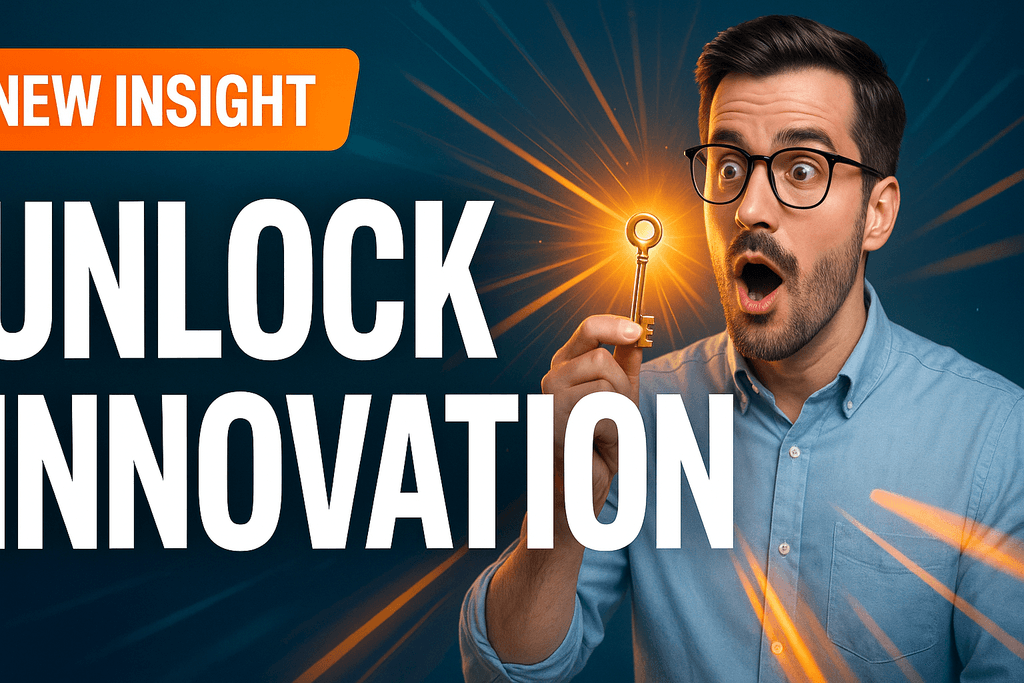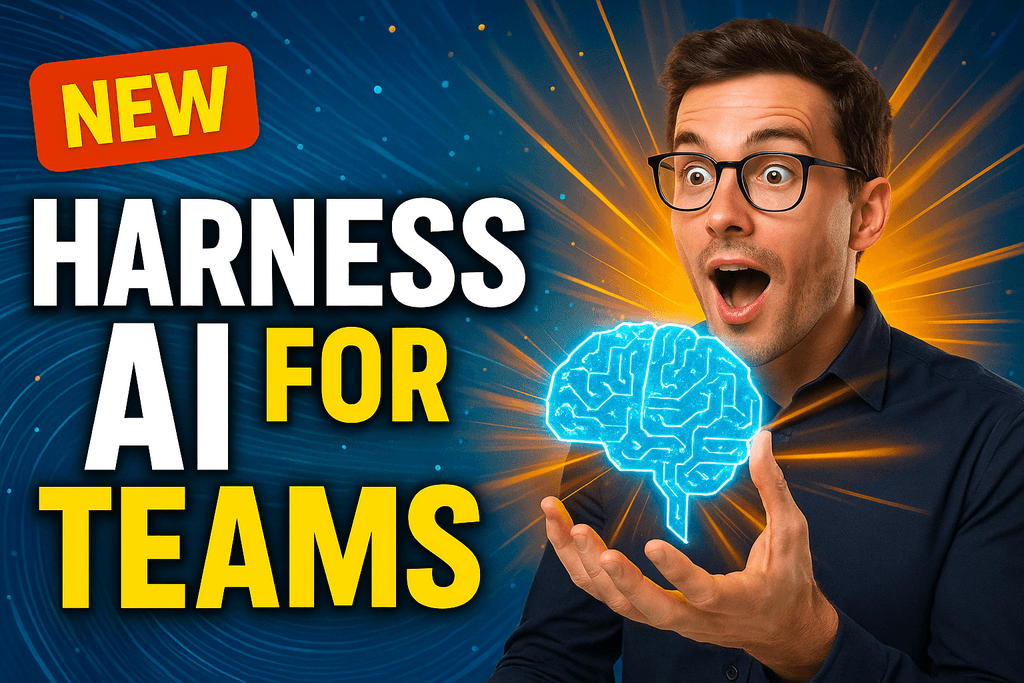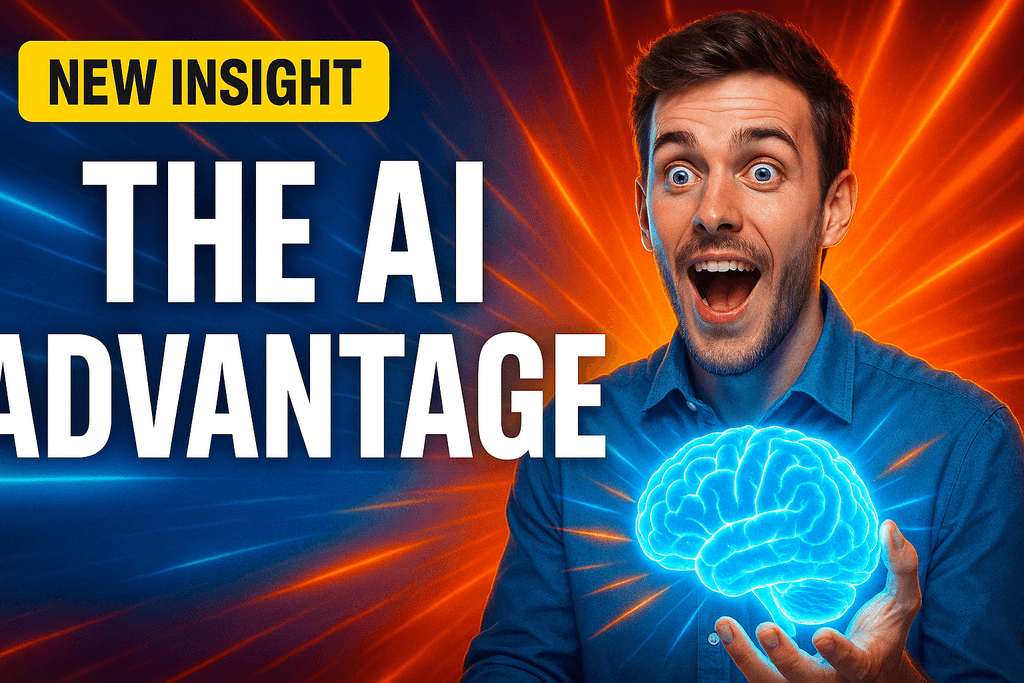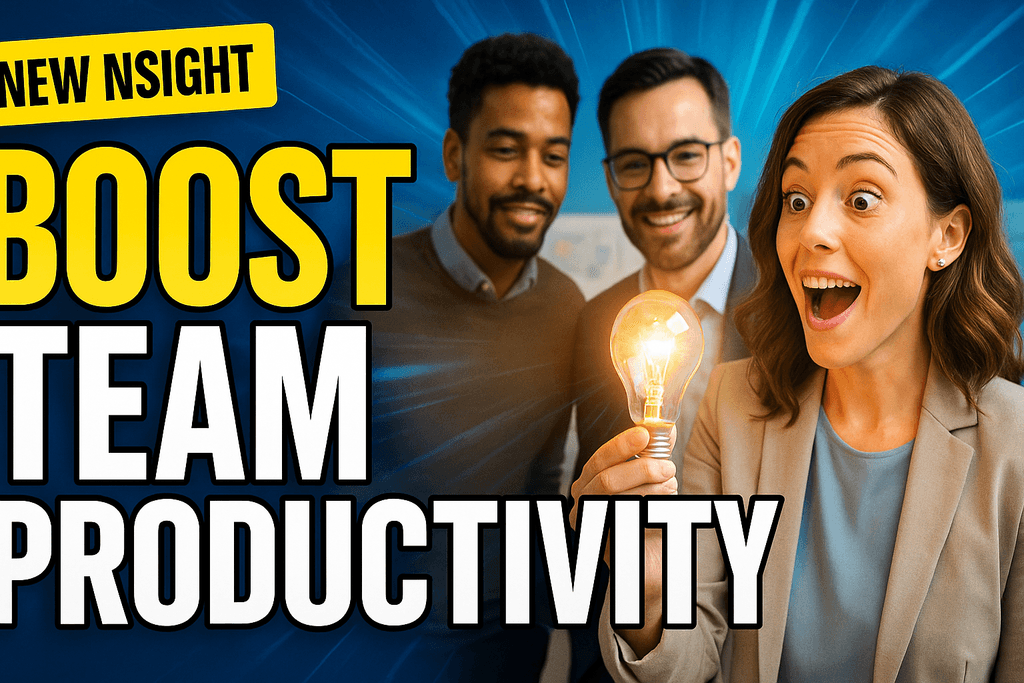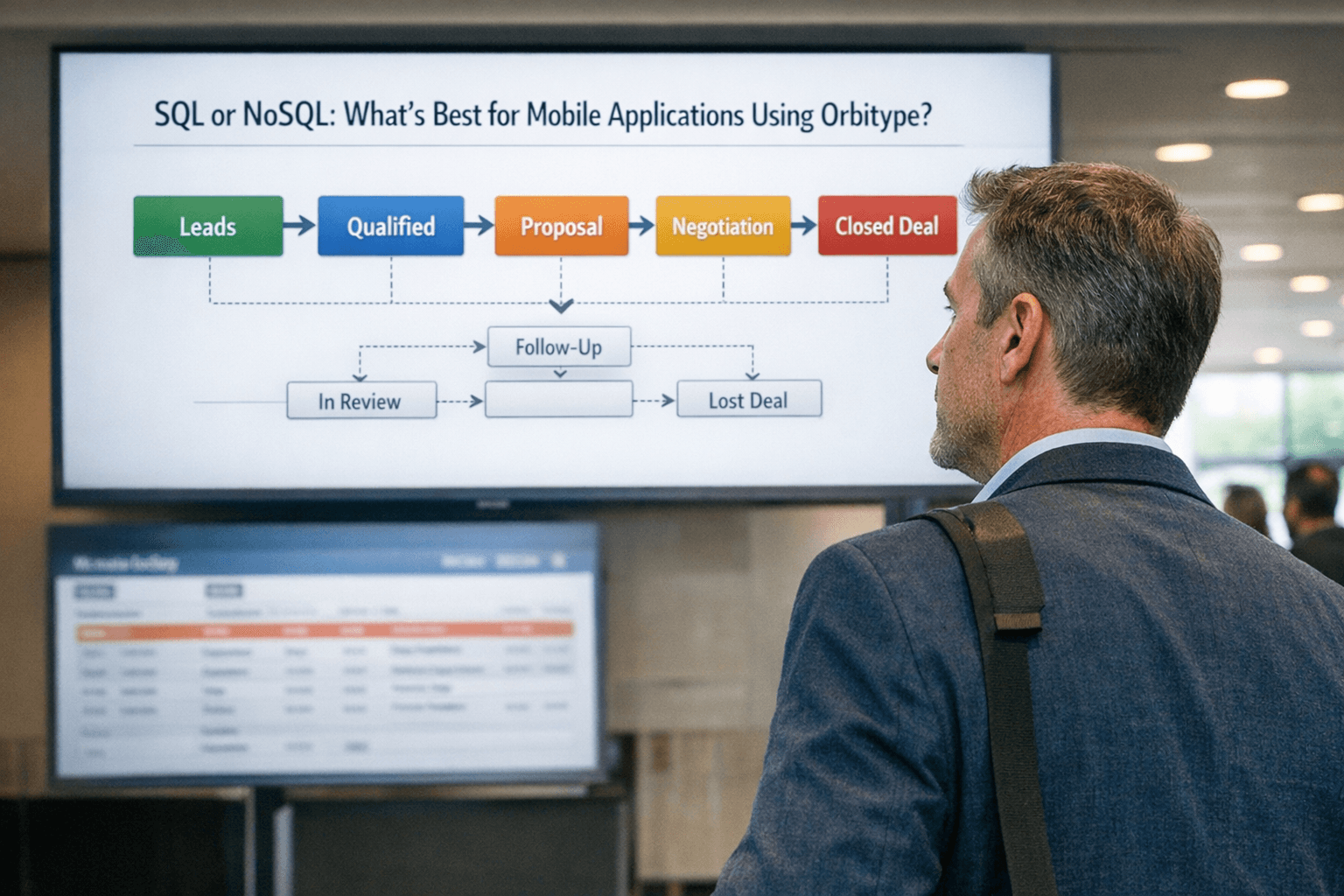
Table of Contents
Understanding SQL and NoSQL for Mobile Development
Understanding SQL and NoSQL databases is vital in modern mobile development. SQL databases, including MySQL and PostgreSQL, employ structured tables and predefined schemas, making them optimal for handling complex queries and transactions with ensured data integrity through ACID compliance. Conversely, NoSQL databases like MongoDB and Cassandra provide flexible schemas and excel in managing large volumes of unstructured data. They scale horizontally and offer high performance, catering well to big data and real-time mobile applications. Knowing the appropriate times to utilize SQL or NoSQL aids developers in selecting the optimal database for their individual mobile projects.
NoSQL Advantages for Mobile Applications
Utilizing NoSQL databases like MongoDB in mobile applications presents notable advantages. MongoDB, known for its flexibility and scalability as a document-oriented database, is tailored to manage large volumes of unstructured data, making it well-suited for mobile apps necessitating real-time data processing and storage. Its schema-less architecture enables swift development and adaptation, particularly beneficial for apps with evolving data needs. MongoDB's horizontal scalability ensures robust performance and availability, crucial for apps dealing with varying workloads. Moreover, its robust querying capabilities and support for JSON-like documents streamline data manipulation. By harnessing MongoDB, developers can craft responsive and scalable mobile applications adept at efficiently managing diverse and dynamic data sets.
Why Choose MongoDB for Mobile Apps
While Orbitype presently doesn't accommodate NoSQL databases, comprehending MongoDB's advantages can illuminate its flexibility. MongoDB, a renowned NoSQL database, is esteemed for its adaptability and scalability. It organizes data into JSON-like documents, simplifying the management of unstructured data. MongoDB's schema-less architecture facilitates swift development and iteration, particularly beneficial for rapidly evolving mobile applications. This adaptability positions MongoDB as an excellent option for applications undergoing frequent changes in data models. With AI agents increasingly automating data workflows, MongoDB's flexibility becomes even more valuable for mobile applications requiring dynamic content adaptation and real-time user personalization.
PostgreSQL Power for Mobile Applications
PostgreSQL stands out as a sophisticated open-source relational database system recognized for its extensibility and adherence to SQL standards. Its extensive feature set encompasses support for intricate queries, indexing, and diverse data types, rendering it a formidable option for mobile applications demanding strong data integrity and transactional support. The advanced capabilities of PostgreSQL make it well-suited for applications tasked with managing complex data interactions and upholding elevated levels of data consistency. With Orbitype's agentic cloud OS, PostgreSQL becomes even more powerful through AI agents that can automatically optimize queries, manage database performance, and orchestrate complex data workflows for mobile applications.
Why Choose PostgreSQL for Mobile Development
PostgreSQL excels in scenarios where data integrity and complex querying are essential. For instance, an e-commerce mobile application that requires precise inventory management and transaction tracking would benefit from PostgreSQL's robust feature set. Additionally, its support for JSONB data types allows for efficient handling of semi-structured data within a relational framework. Orbitype's AI workforce can leverage PostgreSQL's advanced features to automatically manage inventory updates, process complex financial calculations, and maintain data consistency across distributed mobile app instances, ensuring seamless user experiences even during high-traffic periods.
Orbitype's Agentic Cloud OS for Mobile Apps
Orbitype is a platform designed to unify and manage your data, files, and tools from a single place. It provides automatic graphical dashboards and an auto-adapting API for developers, making it an ideal solution for modern mobile development. As an agentic cloud OS, Orbitype goes beyond traditional database management by offering AI agents that can autonomously handle complex workflows, from data processing to content delivery optimization. These intelligent agents work seamlessly with PostgreSQL, leveraging its ability to store unstructured data using JSONB while maintaining the reliability and performance mobile applications demand.
AI Agents and Workflow Automation in Mobile Development
Integrating PostgreSQL with Orbitype enhances mobile applications by combining the reliability and robust features of PostgreSQL with the powerful data management capabilities of Orbitype. PostgreSQL, known for its data integrity, security, and support for complex queries, ensures that mobile applications can handle high reliability and performance demands. Orbitype's compatibility with PostgreSQL allows for seamless data integration, providing a unified platform to manage and visualize your data efficiently. The integration supports robust data processing and storage, essential for mobile apps requiring consistent and reliable data handling. Additionally, Orbitype's AI agents and workflow automation capabilities simplify database management and optimization, automatically scaling resources based on mobile app usage patterns and user behavior analytics.
Orbitype's Concrete Benefits for Mobile Applications
Unified Management: Centralize your data and tools, simplifying database management and reducing overhead for mobile development teams.
Scalability: Orbitype can handle databases of all sizes, ensuring your mobile applications can grow without limitations through intelligent resource allocation.
Developer-Friendly: With its auto-adapting API, developers can easily connect and interact with their databases, enhancing productivity and efficiency in mobile app development cycles.
Enhanced Security: Orbitype prioritizes data security, providing robust measures to protect sensitive user information across integrated databases and mobile endpoints.
AI-Powered Optimization: Intelligent agents continuously monitor and optimize database performance, automatically adjusting configurations for optimal mobile app response times and user experience.
Choosing the Right Database for Your Mobile Application
When weighing the options between SQL and NoSQL databases for your mobile application, take into account the following aspects:
Data Structure: If your data exhibits high levels of structure and necessitates intricate relationships, SQL (such as PostgreSQL) is likely the preferable option. For data models that evolve and require flexibility, NoSQL (like MongoDB) might be more appropriate.
Scalability: NoSQL databases like MongoDB excel in horizontal scalability, making them well-suited for applications anticipating rapid expansion.
Consistency vs. Flexibility: SQL databases deliver robust consistency assurances, ensuring data integrity. Conversely, NoSQL databases prioritize flexibility and speed, often sacrificing strict consistency in favor of agility.
With Orbitype's agentic cloud OS, you can leverage AI agents to automatically analyze your mobile app's data patterns and recommend optimal database configurations, making the decision process more data-driven and precise.
Conclusion
Selecting the appropriate database technology for your mobile application is paramount to ensure optimal performance, scalability, and user satisfaction. SQL databases such as PostgreSQL offer robust transactional capabilities and uphold data integrity, whereas NoSQL databases like MongoDB provide the flexibility and scalability required to manage large volumes of unstructured data. Orbitype enhances database management and integration, presenting a unified platform to streamline your development process.
Although Orbitype currently lacks support for NoSQL databases, its integration with PostgreSQL harnesses the power of JSONB for flexible storage of unstructured data. With the addition of AI agents and workflow automation, Orbitype transforms traditional database management into an intelligent, self-optimizing system. Whether you're constructing a complex e-commerce platform or a scalable social media application, comprehending the strengths of SQL and NoSQL databases aids in making the best decision for your mobile application. Initiate the utilization of Orbitype today to seamlessly integrate and manage your database technologies, ensuring your mobile applications are poised for the future.
